
Kat mülkiyeti kanunu (Condominium Ownership Law)

Kat mülkiyeti kanunu (Condominium Ownership Law) is the Turkish legal framework that regulates the ownership, management, and division of multi-unit properties like apartments, offices, or commercial spaces within a shared building.
Enacted as Law No. 634, it defines how individual units (e.g., apartments) in a building are independently owned while common areas (e.g., staircases, gardens, elevators) are jointly managed. This law is critical for property transactions in Turkey, as it establishes the rights and obligations of unit owners, including:
• Legal recognition of independent ownership for each unit.
• Rules for shared expenses (e.g., maintenance, repairs) via a yönetim planı (management plan).
• Procedures for establishing a kat malikleri kurulu (homeowners’ association).
• Requirements for registering ownership with the Tapu ve Kadastro Genel Müdürlüğü (Land Registry).
The law applies to all properties under condominium ownership, ensuring clarity in ownership structures and dispute resolution. It is referenced in title deeds (tapu) as the legal basis for multi-unit property rights.
| Turkish Term | English Equivalent | Notes |
|---|---|---|
| Kat mülkiyeti | Condominium ownership | Independent ownership of a unit in a shared building. |
| Kat mülkiyeti kanunu | Condominium Ownership Law | Law No. 634 governing multi-unit properties. |
| Yönetim planı | Management plan | Document outlining shared rules and expenses. |
| Kat malikleri kurulu | Homeowners’ association | Body representing unit owners’ collective interests. |
| Bağımsız bölüm | Independent unit | Individually owned section (e.g., apartment). |
| Ortak alan | Common area | Shared spaces (e.g., hallways, gardens). |
| Tapu | Title deed | Official proof of property ownership. |

Turkey’s Condominium Ownership Law explained simply.
Kat Mülkiyeti Kanunu (Law No. 634) is Turkey’s legal framework for condominium (apartment) ownership. It defines how shared properties (like buildings) are divided into individually owned units (flats, offices, shops) and common areas (stairs, gardens, roofs).
The law ensures clear property rights, maintenance responsibilities, and dispute resolution for owners. It applies to all multi-unit buildings, including residential, commercial, and mixed-use properties. Foreign buyers must comply with its rules when purchasing or managing property in Turkey.
Key legal impacts for non-Turkish owners.
Foreign buyers must register their property under Kat Mülkiyeti Kanunu to gain legal ownership. The law requires:
A tapu (title deed) specifying the unit’s independent section (e.g., flat number) and share of common areas. Foreigners hold the same rights as Turkish citizens but must follow additional land registry procedures (e.g., military clearance for some regions).
The law also governs management fees (aidat), renovations, and disputes with neighbors or property managers. Non-compliance can risk fines or legal challenges.
Roles of property managers and owner committees.
Buildings are managed by:
1. Property Manager (Yönetici): Appointed by owners (or a management company) to handle daily operations, collect aidat (fees), and enforce rules. Can be an owner or a professional.
2. Owner Committee (Yönetim Kurulu): Elected by owners to oversee major decisions (e.g., renovations, budget approvals). Meetings require a quorum (usually 50%+1 owners).
Decisions on structural changes or high-cost projects need a 2/3 majority vote. Foreign owners can vote but may need a Turkish-speaking representative for meetings.
Monthly fees for shared property expenses in Turkey.
Aidat are mandatory monthly fees covering shared expenses (cleaning, repairs, security, utilities for common areas). Calculated based on:
1. Ownership share & equally distributed: Method decided on the annual general meeting.
2. Building budget: Approved annually by owners. Late payments may incur penalties or legal action. Foreign owners must pay aidat even if abroad—non-payment can lead to utility cuts or lawsuits.
Fees are collected by the property manager and audited yearly. Disputes over aidat are resolved via mediation or courts.
Legal hierarchy: Law vs. private agreements.
Yes. Kat Mülkiyeti Kanunu is a national law and takes precedence over private sales contracts. For example:
If a contract states an owner is exempt from aidat, the law still requires payment. Similarly, clauses restricting common area access (e.g., blocking a garden) are void if they violate the law.
However, contracts can include additional details (e.g., furniture inclusions) not covered by the law. Always verify contracts with a Turkish lawyer to ensure compliance with Kat Mülkiyeti Kanunu.
Resolving conflicts in shared properties legally.
Disputes (e.g., over aidat, renovations, or noise) follow this process:
1. Mediation: Mandatory since 2019. A neutral mediator helps owners reach an agreement. Costs are split between parties.
2. Court action: If mediation fails, cases go to Civil Courts of Peace (Sulh Hukuk Mahkemesi). Judgments are based on Kat Mülkiyeti Kanunu and ownership shares.
Foreign owners may need a Turkish lawyer and translated documents. Legal proceedings can take 6–24 months.
When the condominium law affects single-unit properties.
Generally, no. Kat Mülkiyeti Kanunu applies to multi-unit buildings (apartments, mixed-use complexes). However, exceptions include:
1. Gated communities: Villas sharing roads, pools, or security may form a site yönetimi (site management) under similar rules.
2. Divided land: If a single plot is split into multiple independent sections (e.g., duplexes), the law may apply to shared infrastructure.
Detached houses on private land are exempt unless part of a managed community. Always check the tapu for ownership structure.
Passing down condominium ownership to heirs.
Inherited properties fall under both Kat Mülkiyeti Kanunu and Turkish Inheritance Law. Key points:
1. Tapu transfer: Heirs must update the title deed at the Land Registry Office (Tapu Dairesi) with a court-issued inheritance certificate.
2. Shared ownership: If multiple heirs inherit, they jointly own the unit (and its aidat obligations) unless partitioned.
3. Foreign heirs: Non-Turkish heirs must comply with the same ownership rules as buyers (e.g., military clearance if applicable).
Legal consequences for non-compliance.
Yes. Penalties depend on the violation:
1. Unpaid aidat: Late fees, utility disconnections, or lawsuits. Courts can force payment via asset seizure.
2. Unauthorized changes: Modifying common areas or structural elements without approval may require reversals or fines.
3. Noise/disturbances: Fines or legal injunctions.
Foreign owners face the same penalties. Ignorance of the law is not a valid defense in Turkish courts.
Also read

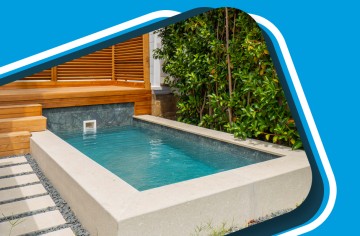
Havuz (Swimming Pool) – Meaning in Turkish Real Estate
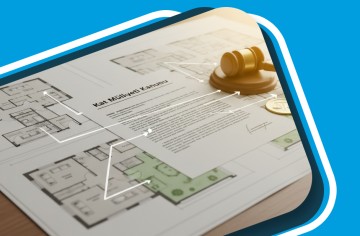
Kat mülkiyeti kanunu (Condominium Ownership Law)

Asansör (Elevator) – What It Means in Turkish Real Estate
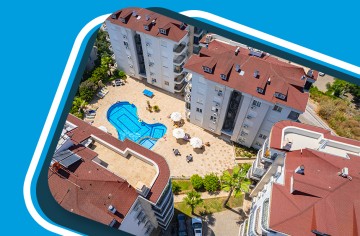
Bina (Building) – Understanding Turkish Real Estate Terms
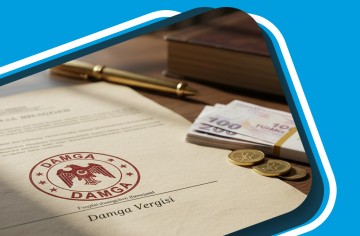
Damga vergisi (stamp duty) in Turkey – explained for buyers
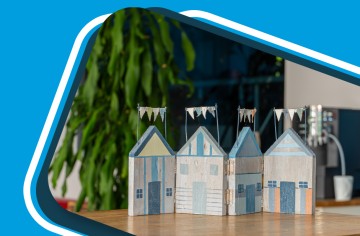
Emlak (Real Estate) in Turkey – A Simple Explanation for Foreign Buyers

Emlakçı (Real Estate Agent) – Turkey Property Guide
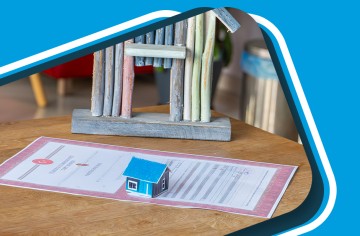
Hisseli tapu (shared title deed in Turkey)
